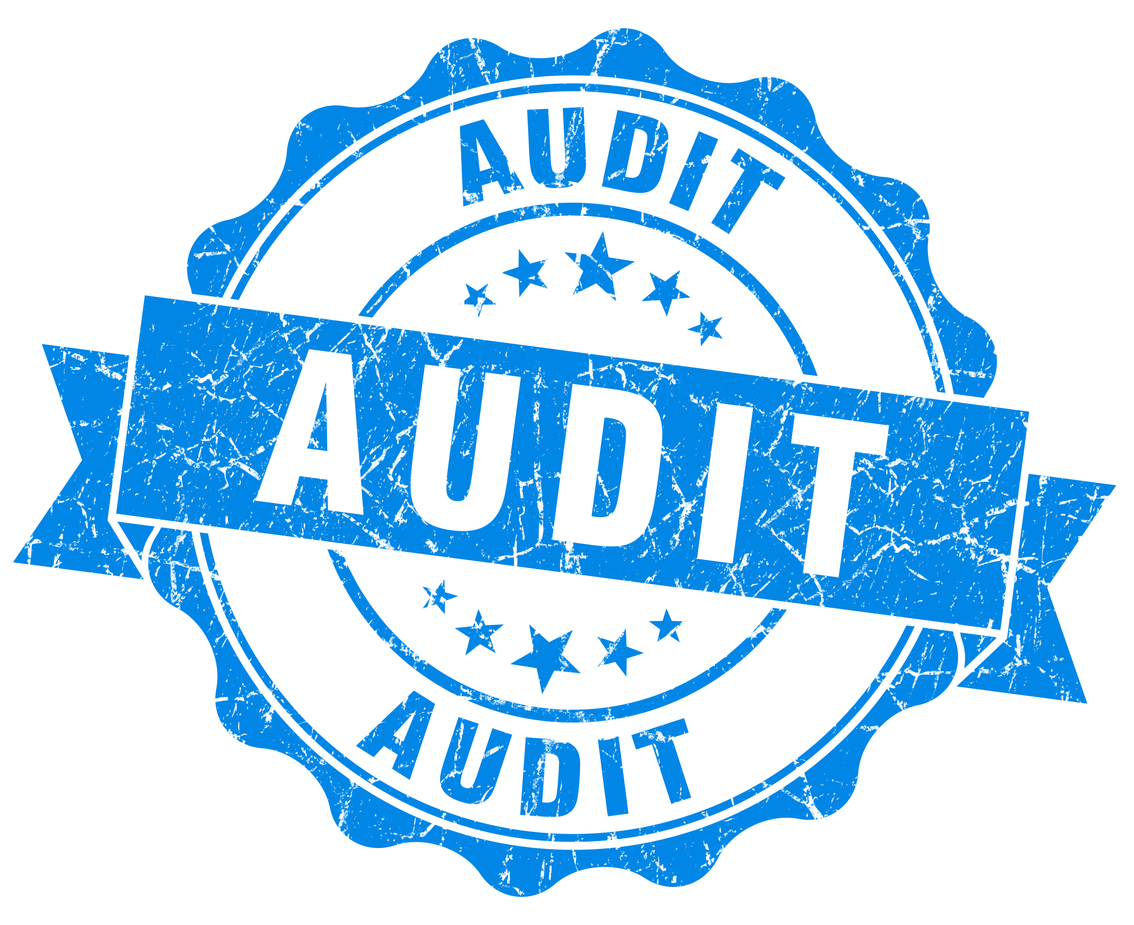
The Pitfalls of PSCs
Date: 27/04/2021 | Corporate
Since the inception of the People with Significant Control (PSC) regime on 6 April 2016 there has been confusion over how to correctly complete a company’s Companies House PSC record. This confusion has been cemented by the discrepancy reporting obligation introduced on 10 January 2020 by the Fifth Anti-Money Laundering Directive (5MLD).
Rather unhelpfully, the 5MLD does not address some key issues, for example what threshold of error qualifies as a discrepancy? Is a typo a discrepancy? Or is it simply a mistake not worth reporting?
But before we get ahead of ourselves, let us look at the starting point…
Who and What is a PSC?
When determining a company’s PSC there are two general rules of thumb to keep in mind, (1) PSCs are not always obvious and (2) make no assumptions.
Broadly speaking a person or relevant legal entity (RLE) can be registered as a PSC if they meet one or more of five conditions:
- Condition 1: Holds, directly or indirectly, more than 25% of the shares.
- Condition 2: Holds, directly or indirectly, more than 25% of the voting rights.
- Condition 3: Holds the right, directly or indirectly, to appoint or remove a majority of the board of directors.
- Condition 4: Has the right to exercise, or actually exercises, significant influence or control.
- Condition 5: Has the right to exercise, or actually exercises, significant influence or control over the activities of a trust or firm which in turn satisfies any of the first four conditions.
It is very common for a person or RLE to meet the first three conditions but it is not safe to assume that this will always be the case. For example, a person may hold more than 25% of the shares in a company but those shares may not have any voting rights, in which case the person would meet condition 1 but not condition 2.
It is also worth remembering that, regardless of how wide the wording may appear, conditions 4 and 5 are not ‘catch-all’ conditions. ‘Significant influence or control’ means that a single person or RLE has absolute discretion or an absolute veto right in regard to the company.
Things are not made any easier by the exceptions to the rules. For example, not all RLEs can be registered as a PSC. RLEs are only registrable if they keep their own PSC register, i.e. a limited company, a limited liability partnership, or a company whose voting shares are admitted on a regulated market in the European Economic Area (other than the UK), or on specified markets such as Switzerland, the US, Japan and Israel. This means that limited partnerships, overseas registered companies and other such entities cannot be registered as a PSC.
So, say for example we have a UK company (ABC Ltd) whose sole shareholder is an American registered company (XYZ Inc). Who is ABC Ltd’s PSC?
Although XYZ Inc would in theory meet the first three conditions, they are not a registrable entity as American companies do not keep their own PSC register. Therefore, the first step is to look beyond XYZ Inc. In this example Mr Green and Miss Red are the two shareholders, each owning 50% of the shares (which have full voting rights) of XYZ Inc. This would mean that Mr Green and Miss Red would be registered on ABC Ltd’s PSC register with more than 25% but not more than 50% of shares and voting right particulars. This is where the ‘indirectly’ part of the wording comes into play. If for example Mr Green held 25.1% and Miss Red held 74.9% of the shares of XYZ Inc then Mr Green would be registered on ABC Ltd.’s register and Companies House record with more than 25% but not more than 50% of shares and voting rights and Miss Red would be registered with more than 50% but no more than 75% of shares and voting rights.
It is easy to see why so many companies have issues in their PSC register and Companies House record but what should you do if you find a mistake? Prior to the 5MLD we could simply contact the company, explain the issues (and the solution) and resolve the problem – easy.
However, since January 2020, any entity obliged to report under 5MLD must report the discrepancy. You would expect that given the countless issues with PSC registers and Companies House records the 5MLD would clearly set out the who, what, when, where and why of reporting… but no such clarity has been given.
The Who?
The entities obliged to report is a strange and varied list including, law firms, credit and financial institutions, which is reasonable and expected, but also gambling services and art dealers, which strikes me as unreasonable and unhelpful. You may think why is that unhelpful? Surely the more people reporting discrepancies the more likely the PSC Companies House records will be correct. However, I refer back to the process of identifying a PSC and argue that, if those identities who deal with PSC’s regularly still struggle to navigate the muddy waters, is it fair to expect entities unfamiliar with the PSC regime to be responsible for reporting?
The What?
The term ‘discrepancy’ is not defined in the 5MLD. The UK government’s interpretation is that material discrepancies should be reported. Again, the term ‘material’ is not defined. From the regulations I think it is reasonable to assume that the purpose of the reporting obligation is to capture factual errors and not spelling mistakes and typos. In the case of a simple spelling mistake the obliged entity should encourage the company to correct the mistake. Factual errors include the incorrect person or RLE being notified as the PSC and the fundamental details of the PSC being incorrect (address, DOB, etc.)
The When?
Obliged entities should report a discrepancy as soon as reasonably possible. That much is obvious, but when should an obliged entity review a PSC record for a customer or client? Thankfully, on the 19 August 2020 the Treasury clarified some grey areas. The guidance published by the Treasury makes it clear that AML-regulated obliged entities are only obliged to report discrepancies that relate to new clients and they are only required to report the discrepancy once. This means that the 5MLD does not require obliged entities to review the records of existing clients or report during CDD refreshers.
However, this guidance does not consider what an obliged entity should do if they discover a discrepancy while conducting due diligence for a prospective investor or buyer. In this situation the company is not a new client so does the obliged entity need to report the discrepancy? It appears that in these cases the obliged entities are expected to review the situation and make a judgement call.
It should also be noted that bulk reporting is not permitted (i.e. you cannot identify numerous discrepancies, save up your reports and submit them all at once). In addition, a discrepancy report is not a substitute for a Suspicious Activity Report.
The Where?
Discrepancy reports are filed online through a Smart Survey form.
Once a report is filed, Companies House will investigate the discrepancy to ascertain if it is valid. If it is valid then Companies House will contact the company. If the company does not resolve the discrepancy, then Companies House may consider removing the incorrect information.
The company will not be informed that a discrepancy report has been made against their Companies House PSC record. However, if Companies House contact a company regarding their Companies House PSC record, then it would not be difficult to work out that this is due to a discrepancy report.
In my mind, there are many issues with this approach. However, the key issue is that the Companies House investigation team will be relying on the information filed at Companies House through Confirmation Statements to determine whether there is a discrepancy. As I have commented in a previous article, Confirmation Statements are often riddled with mistakes so the investigation team could be relying on incorrect information to establish whether the PSC information provided is incorrect. Could this not be a slippery slope to further issues with incorrect information appearing throughout the company’s Companies House record?
The Why?
The purpose of these changes is to make sure that companies are correctly identifying and registering their beneficial owners. There is also a hope that these changes will help tidy up PSC records which are currently incorrect due to misfiling (caused by a misunderstanding of how and when to identity a PSC). Yet, I believe these regulations have hindered rather than helped.
Best Foot Forward…
PSC identifying and filing can be complicated, confusing and convoluted at the best of times and this blanket approach to obliged reporting leaves many questions unanswered. To me, removing the ability for obliged entities, such as law firms, from being able to work with their clients in the first instance to resolve the issues is a step backwards in many respects, including, and in my view most importantly, client relations.
Still, the Government has made it clear that these regulations are here to stay, so we all need to learn to adapt to the changes and become familiar with a discrepancy report. However, all these headaches can be resolved by ensuring that your PSC register and Companies House record is correct at the outset and remains accurate and up to date throughout the lifespan of your company.
If you have any questions or if you need any help with your PSC register and filings contact the Corporate Team.



















































































